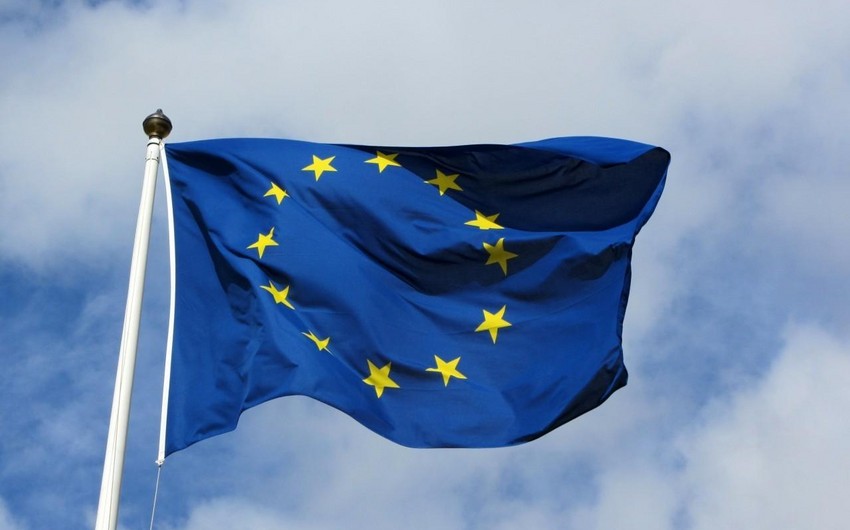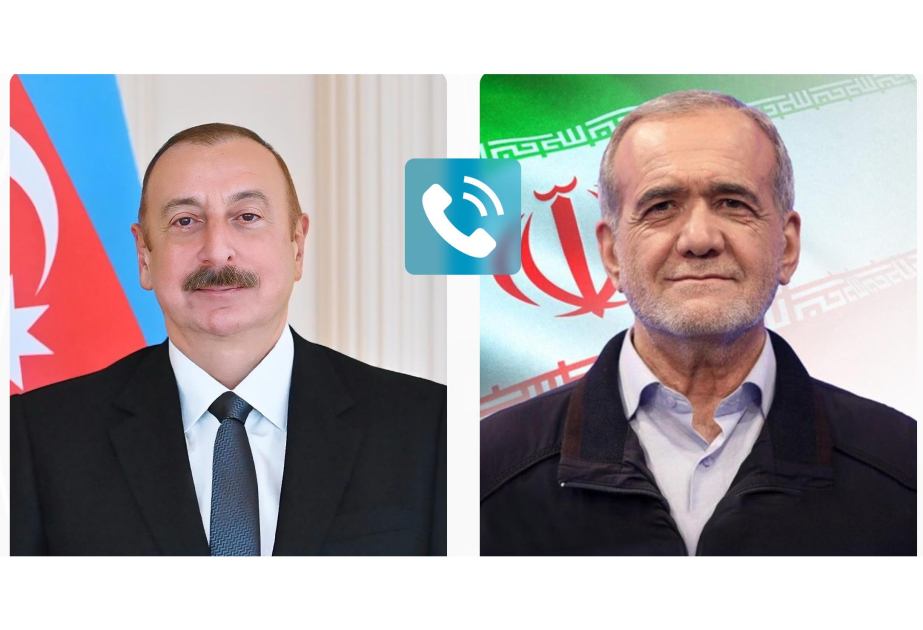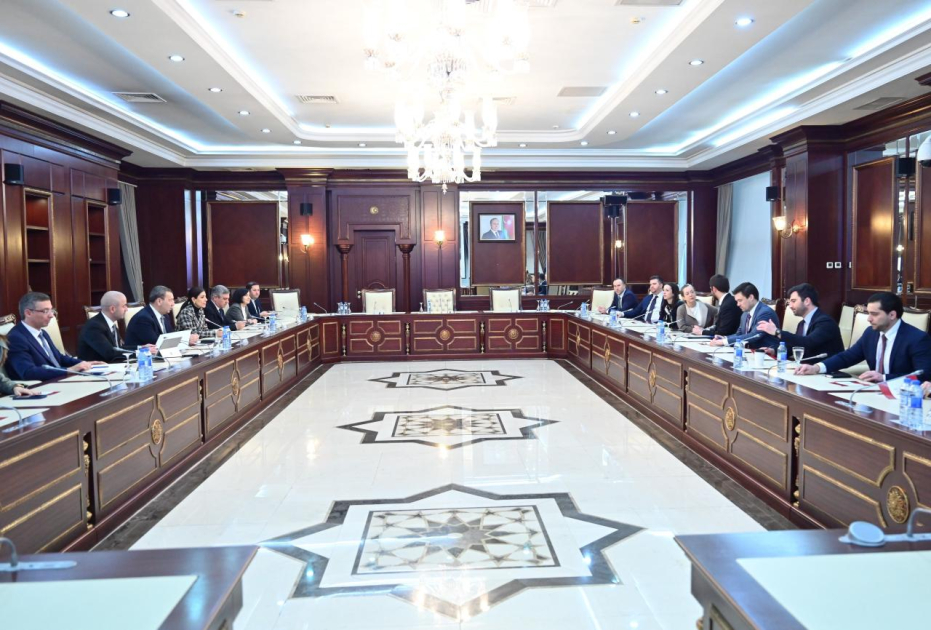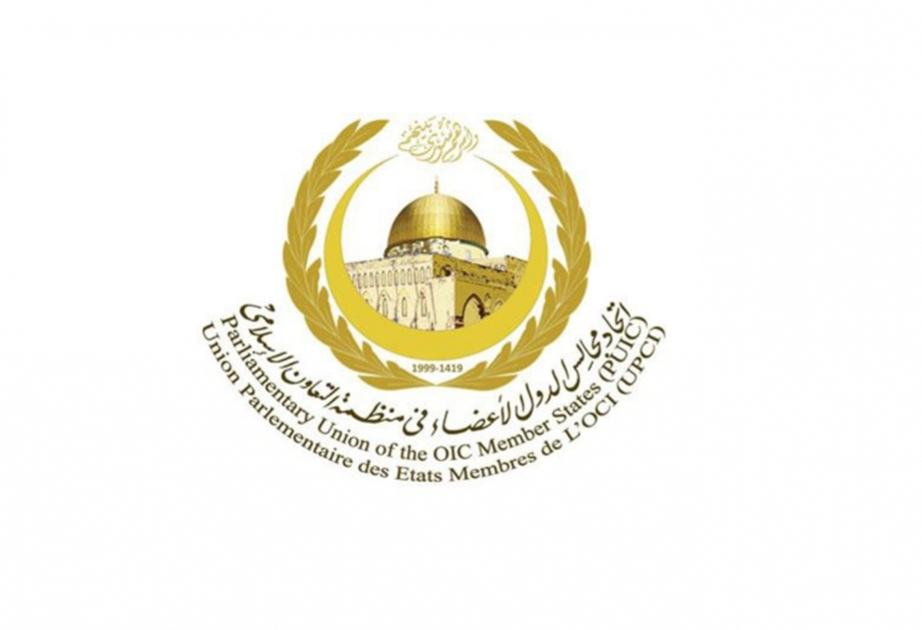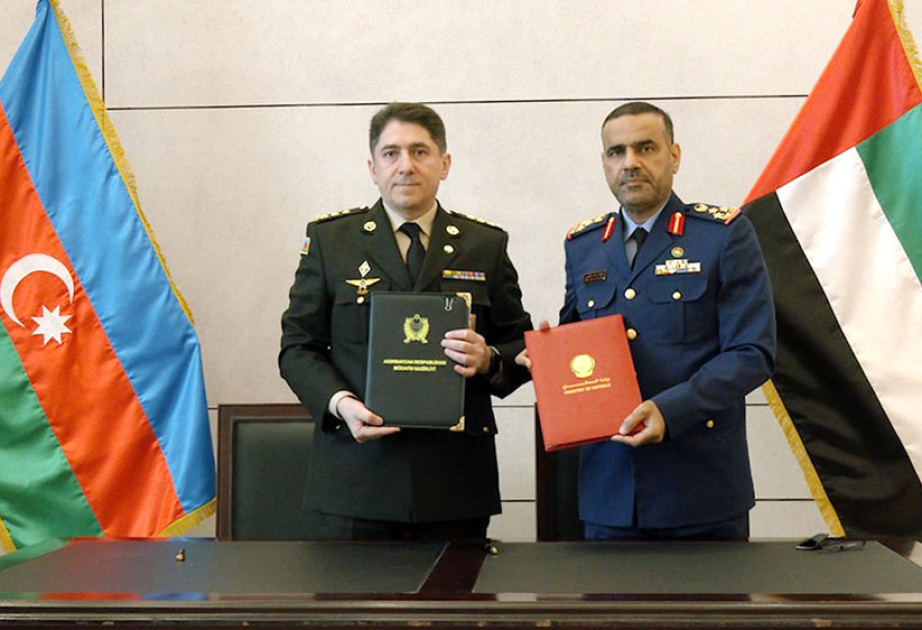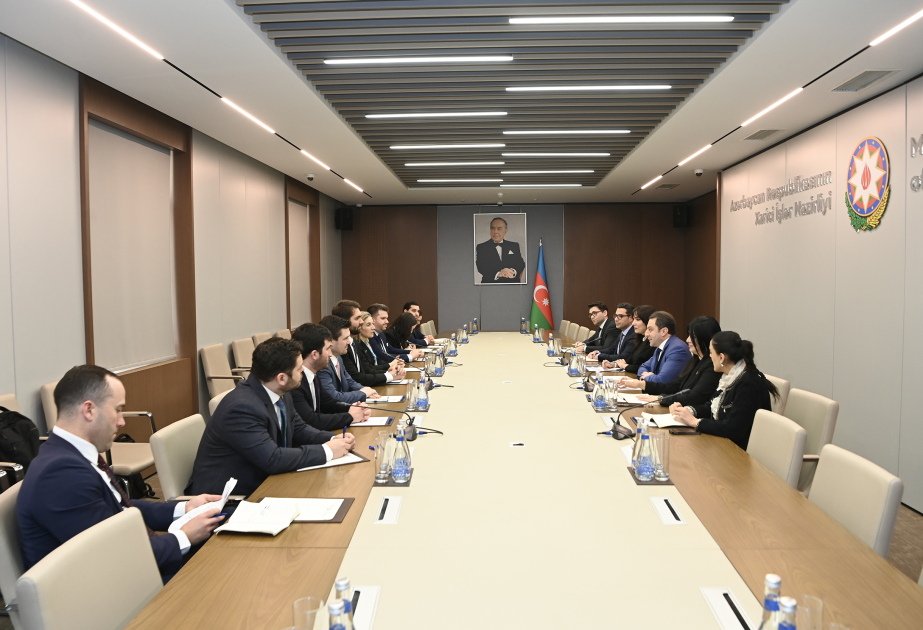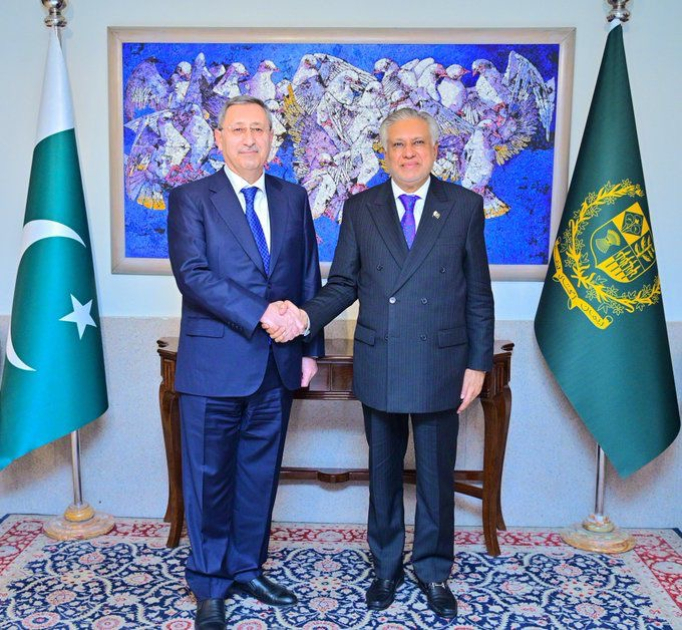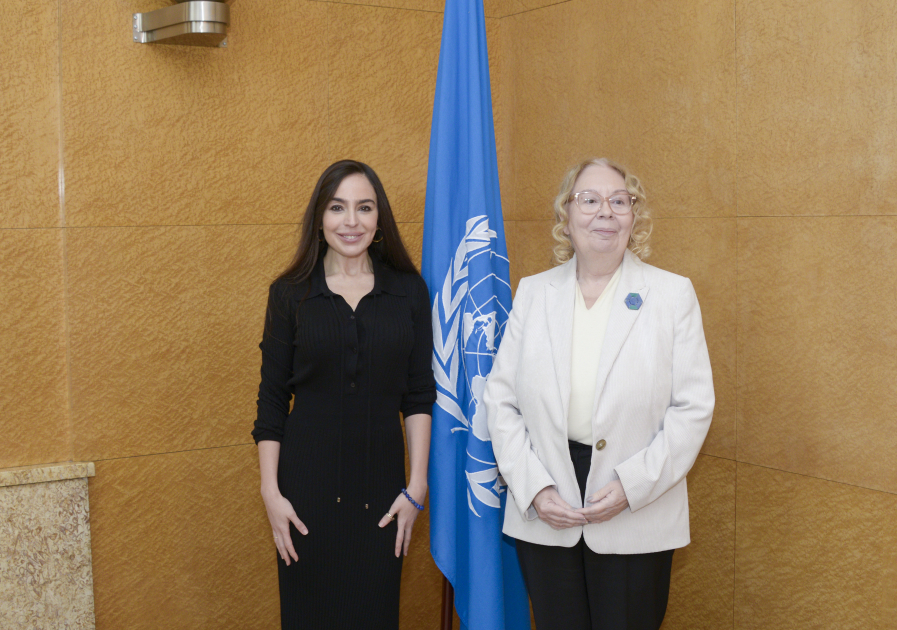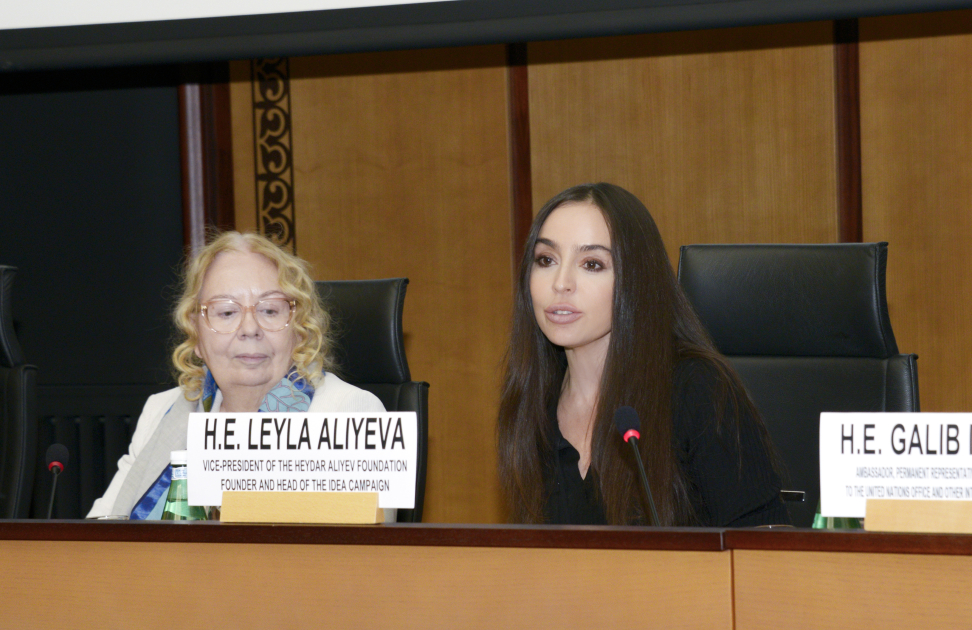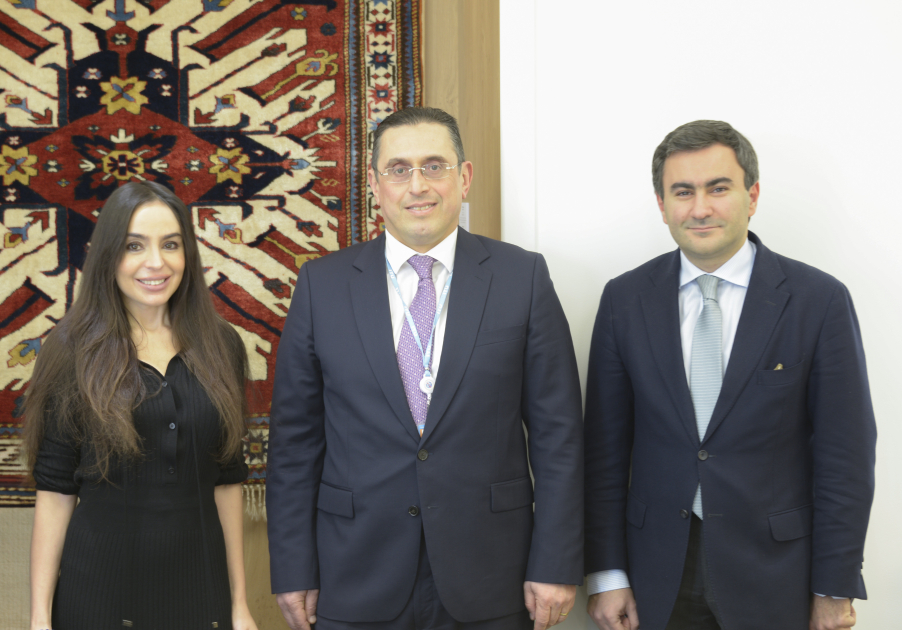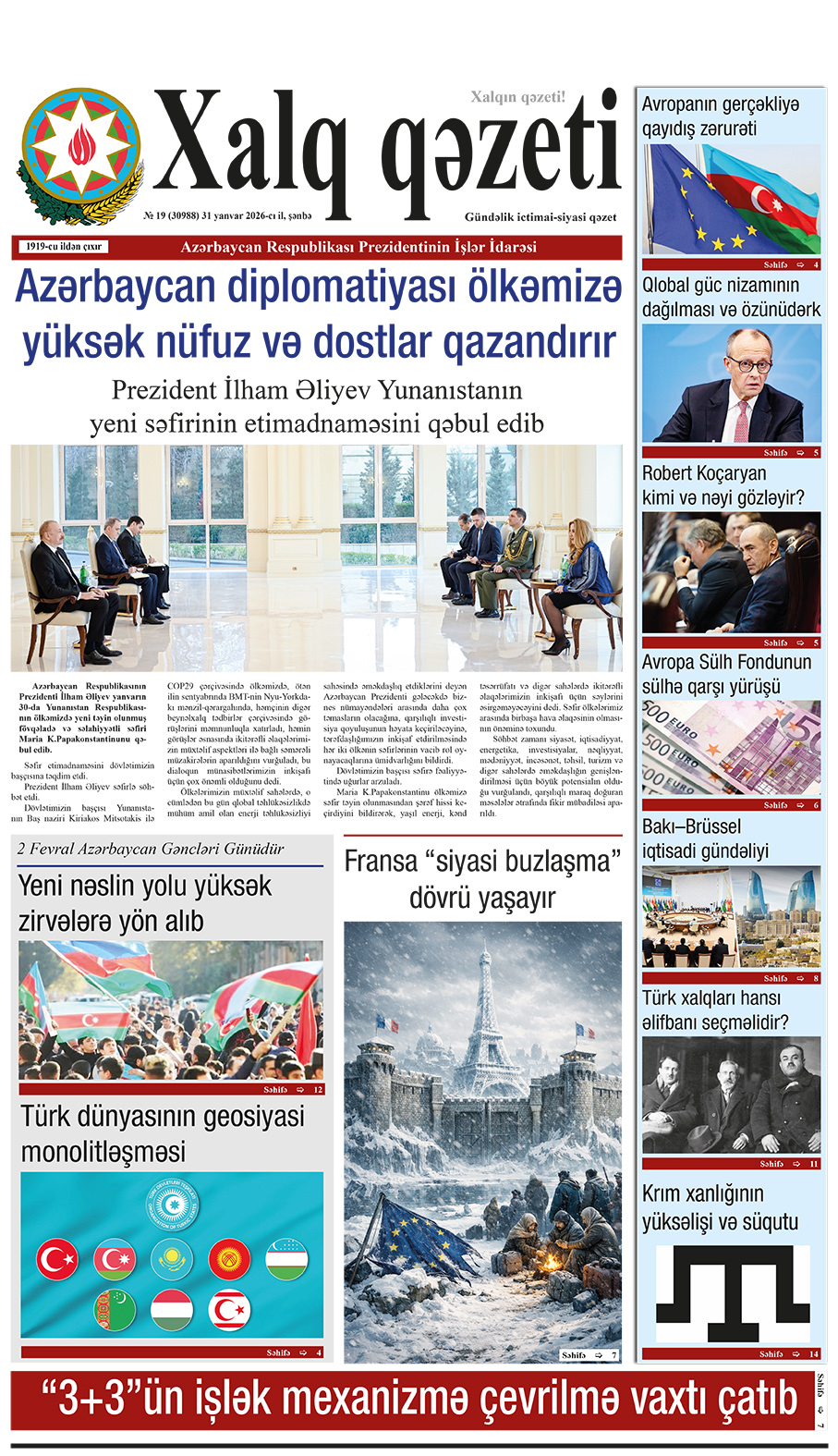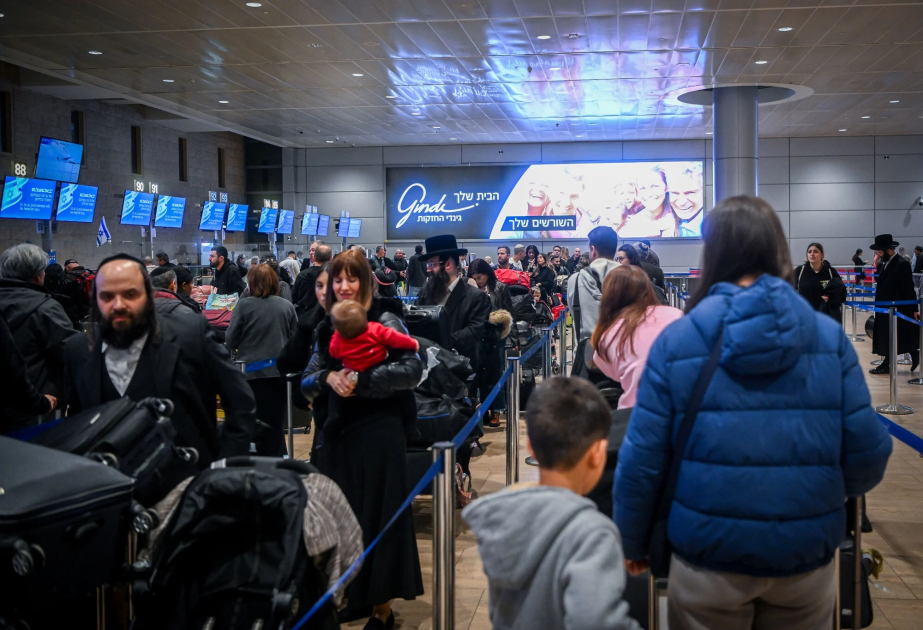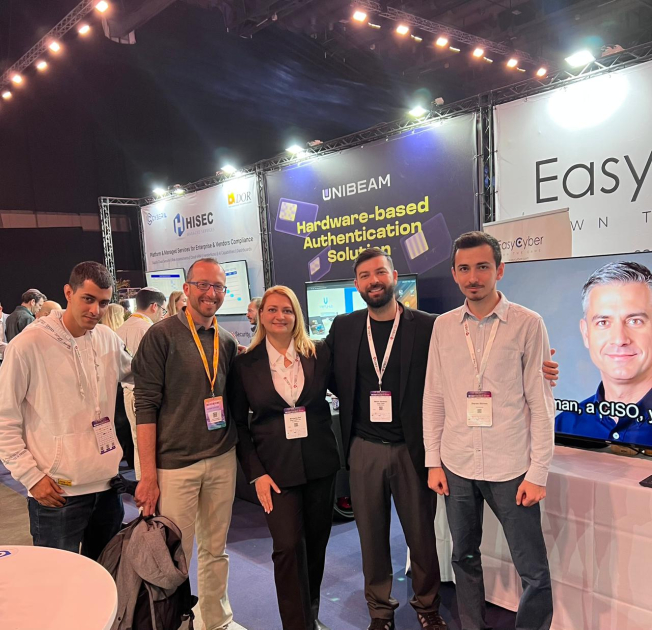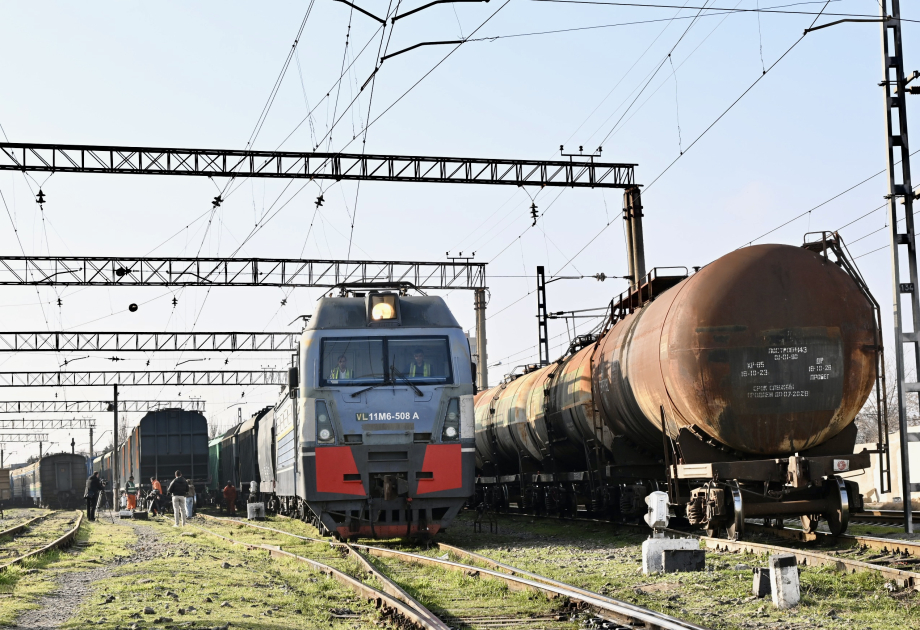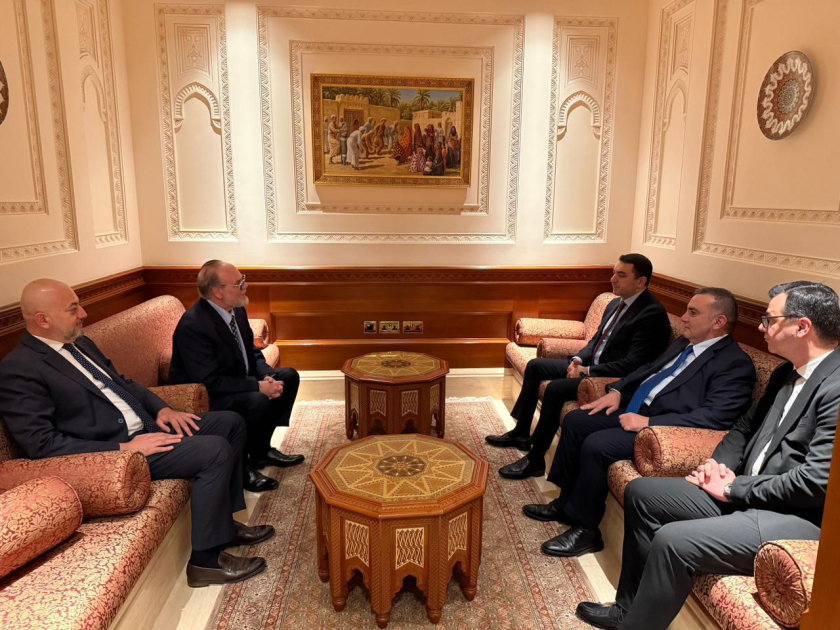The European Union announced 2023-2024 as the European Year of Skills, which aims to give a fresh impetus to lifelong learning, empowering people and companies to contribute to the green and digital transitions, supporting innovation and competitiveness. On this occasion the Delegation of the European Union to Azerbaijan announced the start of a campaign under the slogan “Get the right skills”.
Report informs citing the Delegation that the campaign started with the first in a series of workshops designed to raise awareness about EU scholarships and opportunities organized in partnership with the Young European Ambassadors (YEA).
“The European Union and Azerbaijan have strong partnership in many fields related to human development like education and vocational training,” said Peter Michalko, Ambassador of the European Union to the Republic of Azerbaijan.
“In the age of green and digital transitions, it is important to open new opportunities for people and the economy, as well as to help people to get better access to a changing labour market. Through this campaign we want to remind that it is never late to get right skills for better jobs and better salaries.” the EU Ambassador added.
The first workshop attracted 100 participants who came to learn about different study and work opportunities within the EU including Erasmus+, European Solidarity Corp, College of Europe and many others. The campaign will continue with many more activities including the Youth Intellectual Competition, a Social Media&Blogger workshop, Career Workshop and a culminating “Agora” event with special guests who will inspire future generations.
The campaign will also feature “motivators” from different fields and with different sets of skills to inspire people of all ages and backgrounds. The aim is to show that it is never too late to gain new skills or the right skills for the jobs of the future.
The European Union is a longstanding and strategic partner of Azerbaijan in many important areas such as higher education, vocational education, regional development, culture, health and others. With EU support many people have started businesses, engaged in agricultural production, learned new skills, and received training.


